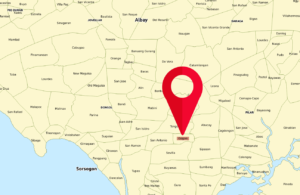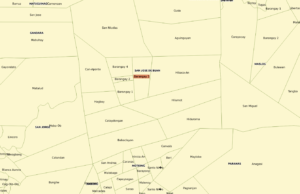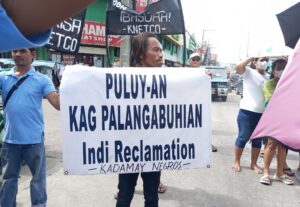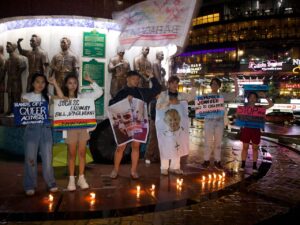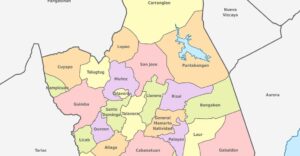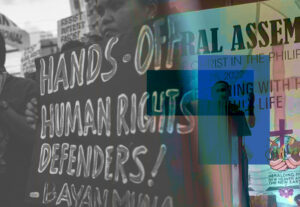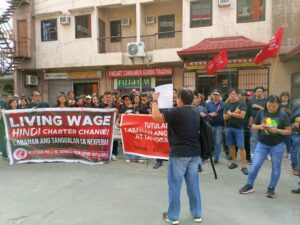Peasant women condemn the Marcos regime's "Rice 29" program

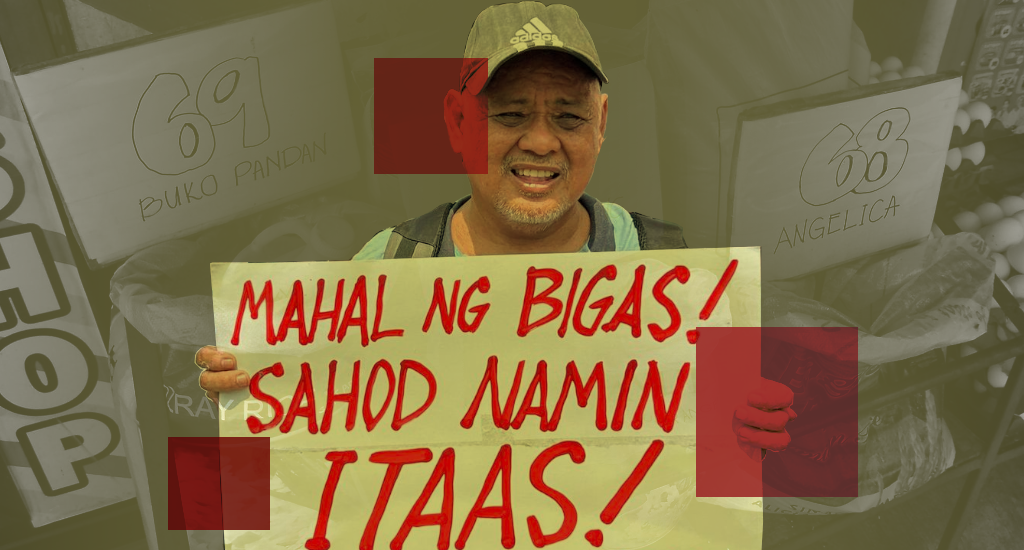
The Amihan National Federation of Peasant Women denounced the Bigas 29 program of the Department of Agriculture (DA) which offers ₱29 per kilo of rice for selected sectors of society. The peasant women’s group said the program clearly shows the “incompetence, negligence and anti-poor chatacter of this government.”
The National Food Authority (NFA) Council, led by DA Secretary Francisco Tiu Laurel Jr, announced on June 18 the approval of said program that will begin implementation this coming July. Old-stock rice coming from NFA warehouses will be sold to 4Ps beneficiaries, single parents, senior citizens, and people with disabilities only. National minorities are said to be included later.
“When selling cheap rice, it should still be of acceptable quality and not like morsels to which the poor have no choice but to comply with the NFA’s whim,” Zenaida Soriano, chairperson of Amihan, said.
Danilo Ramos, Kilusang Magbubukid ng Pilipinas chairman, retorted, “are they [DA Secretary Laurel and Ferdinand Marcos Jr] ready to eat and feed this Bigas 29 to their families?”
The DA fully defends the sale of old-stock rice. They said it is “safe” for consumption. It was peddled as part of the Marcos regime’s program for food security and cheap commodities.
Amihan compared Bigas 29 to what was once called “bukbok rice” in 2018 under the Duterte regime, which are pushed as safe for consumption by poor Filipinos despite being stale. (“Bukbok” is a weevil, a rice pest.)
Even as stocks are already old, the DA will limit purchase to only 10 kilos per household per month because it is said to target to support up to 6.9 million families or 34 million Filipinos. For a family of five, the program can provide less than half a kilo of rice.
The DA further stressed that it may be meager but rice distribution is still a “big deal” for the average family.
The agency’s target is to supply 69,000 metric tons of rice. It said, in the event of rice shortage, importing is an option to support the program.
“If aiming to make rice affordable, the call to strengthen local production remains… selling old-stock rice will be unnecessary especially if there is a comprehensive plan for buying rice from farmers and selling affordable and quality rice in the country’s markets,” Soriano said.

